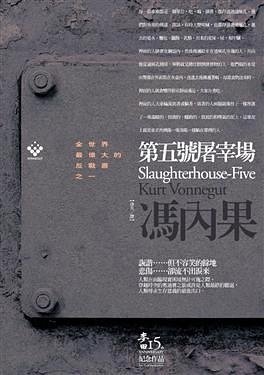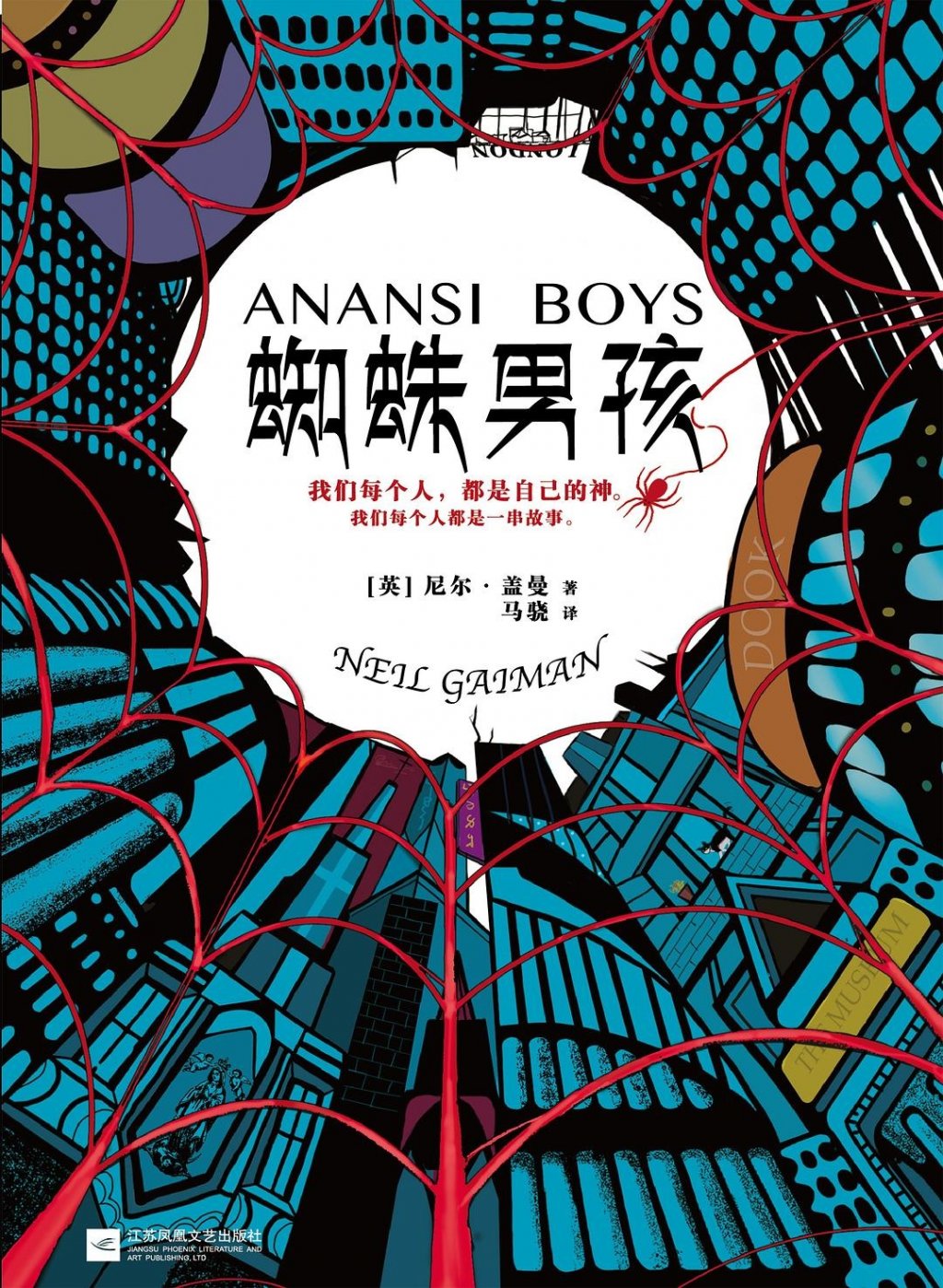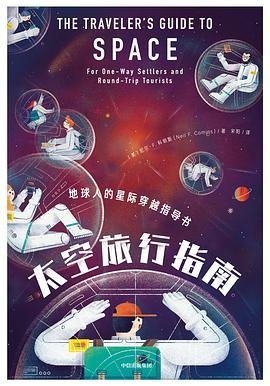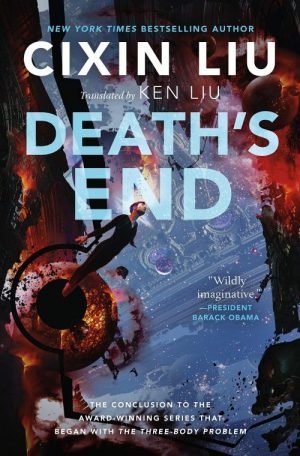
电子书资源网


第五號屠宰場
简介
部分内容
All this happened, more or less. The war parts, anyway, are pretty much true. One guy I knew really was shot in Dresden for taking a teapot that wasn't his. Another guy I knew really did threaten to have his personal enemies killed by hired gunmen after the war. And so on. I've changed all the names.
I really did go back to Dresden with Guggenheim money (God love it) in 1967. It looked a lot like Dayton, Ohio, more open spaces than Dayton has. There must be tons of human bone meal in the ground.
I went back there with an old war buddy, Bernard V. O'Hare, and we made friends with a cab driver, who took us to the slaughterhouse where we had been locked up at night as prisoners of war. His name was Gerhard Müller. He told us that he was a prisoner of the Americans for a while. We asked him how it was to live under Communism, and he said that it was terrible at first, because everybody had to work so hard, and because there wasn't much shelter or food or clothing. But things were much better now. He had a pleasant little apartment, and his daughter was getting an excellent education. His mother was incinerated in the Dresden fire-storm. So it goes.
He sent O'Hare a postcard at Christmastime, and here is what it said:
“I wish you and your family also as to your friend Merry Christmas and a happy New Year and I hope that we'll meet again in a world of peace and freedom in the taxi cab if the accident will.”
I like that very much: “If the accident will.”
I would hate to tell you what this lousy little book cost me in money and anxiety and time. When I got home from the Second World War twenty-three years ago, I thought it would be easy for me to write about the destruction of Dresden, since all I would have to do would be to report what I had seen. And I thought, too, that it would be a masterpiece or at least make me a lot of money, since the subject was so big.
But not many words about Dresden came from my mind then — not enough of them to make a book, anyway. And not many words come now, either, when I have become an old fart with his memories and his Pall Malls, with his sons full grown.
I think of how useless the Dresden part of my memory has been, and yet how tempting Dresden has been to write about, and I am reminded of the famous limerick:
There was a young man from Stamboul, Who soliloquized thus to his tool: “You took all my wealth And you ruined my health, And now you won't pee, you old fool.”
And I'm reminded, too, of the song that goes:
My name is Yon Yonson, I work in Wisconsin, I work in a lumbermill there. The people I meet when I walk down the street, They say, “What's your name?” And I say, “My name is Yon Yonson, I work in Wisconsin...”
And so on to infinity.
标签
推荐
版权信息
版权声明 电子书资源网独立拥有或与相关内容提供者共同拥有电子书资源网站内相关内容但不限于产品或服务的版权和其它相关知识产权。电子书资源网的注册商标,LOGO图标等受中国法律保护。







